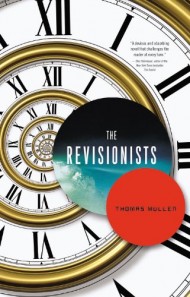Rashi--Elie Weisel
In Rashi , Elie Weisel gives us a very brief overview of the life, times and works of one of his spiritual guides and mentors and one of the great Jewish thinkers of all time. It really is nothing more than a tantalizing glimpse, enough to whet one's appetite for more. Or, if you're of a mind to become acquainted with a great thinker and scholar, perhaps enough. Myself, I'd like to read and understand more about this thinker's influence on Judaism and ultimately the world at large, because much of his work was translated into Latin and influenced Medieval thought about the Old Testament. Recommended--**** minus one star for extreme brevity.



